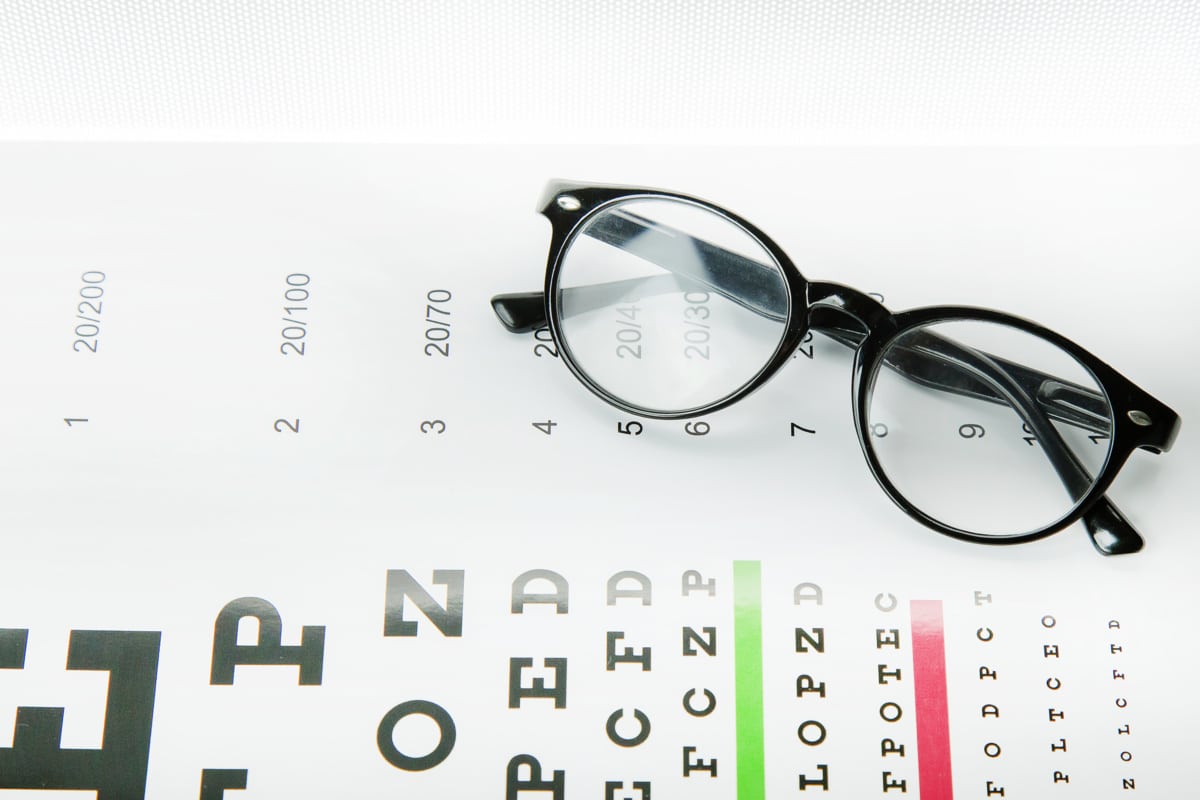Choosing the right vision correction option is a decision that can significantly impact your daily life. While glasses are a tried-and-true solution, contact lenses have gained popularity for their convenience and flexibility. However, contact lenses aren’t for everyone, and it’s essential to weigh the pros and cons before making the switch.
What Are Contact Lenses?
Contact lenses are thin, curved lenses that sit directly on the eye’s surface. They come in a wide variety of types, from daily disposables to multifocal lenses, and even specialty lenses designed for astigmatism. Thanks to advances in lens technology, many people who were previously told they couldn’t wear contact lenses due to eye conditions, like astigmatism, may now find themselves as good candidates.
The Pros of Contact Lenses
There are many benefits to choosing contact lenses over traditional glasses, especially when considering lifestyle and activity levels.
Freedom from Glasses
One of the most appealing aspects of contact lenses is the freedom they offer from glasses. Whether you’re playing sports like tennis or pickleball, attending a wedding, or just enjoying a day out, contact lenses provide more flexibility. Many people appreciate the option of wearing them part-time for special events or physical activities. This level of convenience is hard to match.
Aesthetic Appeal
For some, the appeal of contact lenses comes from how they enhance their appearance. Without the need for frames, contact lenses offer an unobstructed view of your face. This can be particularly desirable for formal occasions or professional settings.
Advances in Technology
Lens technology has come a long way. There are now options like toric lenses for astigmatism, multifocal lenses for distance and near correction, and even specialty lenses such as rigid gas permeable lenses. Some contact lenses are designed to be worn overnight, like corneal refractive therapy lenses, allowing you to wake up without the need for correction during the day. With these advancements, even people who once thought they were not suitable candidates for contact lenses may find options available to them now.
The Cons of Contact Lenses
While contact lenses offer many benefits, they also come with some downsides that need to be carefully considered.
Vision Clarity
Though convenient, contact lenses may not always provide the same level of clarity as glasses. With glasses, especially for people with astigmatism, lenses can be made to exact parameters, ensuring clear vision. Contact lenses, on the other hand, are often limited to certain degrees of correction (such as increments of 10° for astigmatism). This can result in a small sacrifice in vision quality compared to glasses.
Maintenance and Care
Unlike glasses, which require minimal upkeep, contact lenses need consistent care. Whether it’s ensuring proper cleaning to avoid infections or keeping up with replacements, wearing contact lenses requires diligence. Failure to follow care instructions can lead to eye irritation, infections, or worse, long-term damage to your eyes.
Comfort and Fit
Not all contact lenses are comfortable for every wearer. Some people may experience dryness or irritation after extended use. Although there are many specialty materials on the market designed to alleviate these issues, it’s still important to find the right fit and type of lens that works for your eyes. In some cases, specialty lenses like scleral lenses or rigid gas permeable lenses may be necessary to achieve the best comfort and vision.
How to Decide if Contact Lenses Are Right for You
When determining whether contact lenses are right for you, it’s essential to assess your lifestyle and specific vision needs. Here are some factors to consider:
- Lifestyle: Do you find glasses cumbersome during physical activities or special events? Contact lenses could offer a better solution for you during these times.
- Vision Requirements: Are you someone who prioritizes the sharpest possible vision? If so, you may want to explore specialty lenses, or stick with glasses for clearer sight.
- Convenience: Are you ready for the care and maintenance that contact lenses require? If you’re disciplined about hygiene and willing to follow the care instructions, this could be a manageable part of your routine.
At Art of Optiks, we always ask our patients how their glasses are working for them and if they struggle with them in any way. This allows us to assess whether contact lenses can fill those gaps, improving both comfort and functionality in their daily lives.
Possible Negatives of Contact Lenses
While contact lenses offer freedom and convenience, they do have some limitations. As mentioned earlier, some people find that contact lenses don’t provide the same sharpness of vision as their glasses. This can be particularly true for people with astigmatism, where glasses may offer more precise correction. Additionally, because contact lenses can only be manufactured in specific parameters, small compromises in vision may be necessary for some users.
For those who prioritize the clearest possible vision, specialty lenses, like rigid gas permeable lenses, may be a better option. These lenses can often provide the clarity needed without sacrificing the benefits of contact lenses, such as freedom from glasses.
Conclusion

Deciding whether contact lenses are the right choice depends on your vision needs, lifestyle, and personal preferences. With the advances in lens technology and the variety of options available today, many people who were once told they weren’t candidates for contact lenses can now enjoy their benefits. Whether you’re looking for part-time use during physical activities or need specialty lenses for a specific condition, contact lenses can offer a convenient and flexible solution. Contact Art of Optiks today to discuss whether contact lenses are a good fit for your lifestyle and vision needs.




